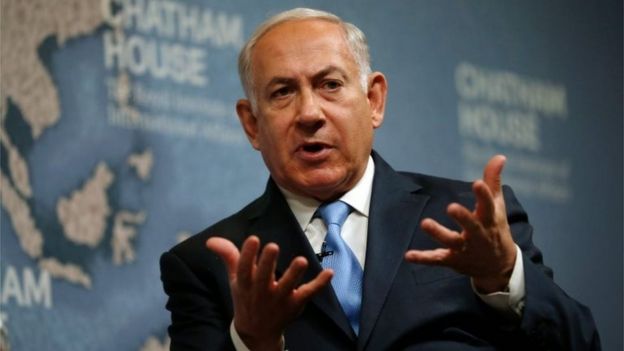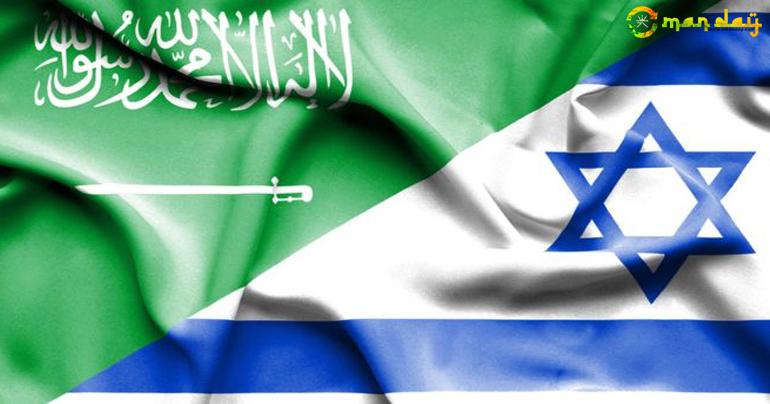Israel and Saudi Arabia: What’s shaping the covert ’alliance’
To all intents and purposes, Saudi Arabia and Israel are de facto allies in the struggle against Iran's rising influence in the region. It's a developing, but highly sensitive relationship, but every so often there is a hint of what may be going on beneath the surface.
Last week Israel's Chief of Staff, General Gadi Eisenkot, said in an interview with UK-based Saudi newspaper Elaph, that Israel was ready to exchange intelligence with the Saudis in order to confront Iran.
"There are shared interests and as far as the Iranian axis is concerned we are in full accord with the Saudis," he said.
A few days later, speaking after a conference in Paris, a former Saudi justice minister, Dr Muhammad bin Abdul Karim Issa - a close associate of the Saudi Crown Prince Mohammed bin Salman - told the Israeli newspaper Maariv that "no act of violence or terror that tries to justify itself by invoking the religion of Islam is justified anywhere, including in Israel".
This was rare public criticism from inside the Arab world of attacks against Israelis.

And just the other day a former senior Israeli military figure speaking in London told of two recent meetings with senior Saudi princes, both of whom said to him words to the effect that, "you are not our enemy any more".
Such signals are not sent by accident. They are carefully co-ordinated and intended to warn Iran of the developing relationship as well as to prepare Saudi society given the likelihood that such ties may become ever more apparent.
The Israelis - given the nature of their political culture - tend to speak rather more openly about the relationship than do the Saudis. We know little about its practical realities or its strategic content. But it is real and it is developing.
Threat from Iran
This is at one level "a coalition of circumstance". The destruction of Saddam Hussein's regime in Iraq in 2003 by a US-led coalition removed a Sunni Arab strategic counterweight to Shia Iran.
The resulting Shia-dominated political leadership in the new Iraq has close ties to Tehran. It is no accident that Iraqi Shia militias have been active in the fighting in Syria supporting the government of Bashar al-Assad.
Iran's decision to back President Assad in the Syrian civil war, along with Russian air power and equipment, helped turn the tide in his favour. It opens up the possibility of an Iranian corridor stretching all the way from Tehran to the Mediterranean - something that many Sunnis see as a foreign, Persian intrusion into the heart of the Arab Middle East.
So the enmity between Iran and Saudi Arabia is both strategic and religious.
...[ Continue to next page ]
tag: blog , information
Share This Post






